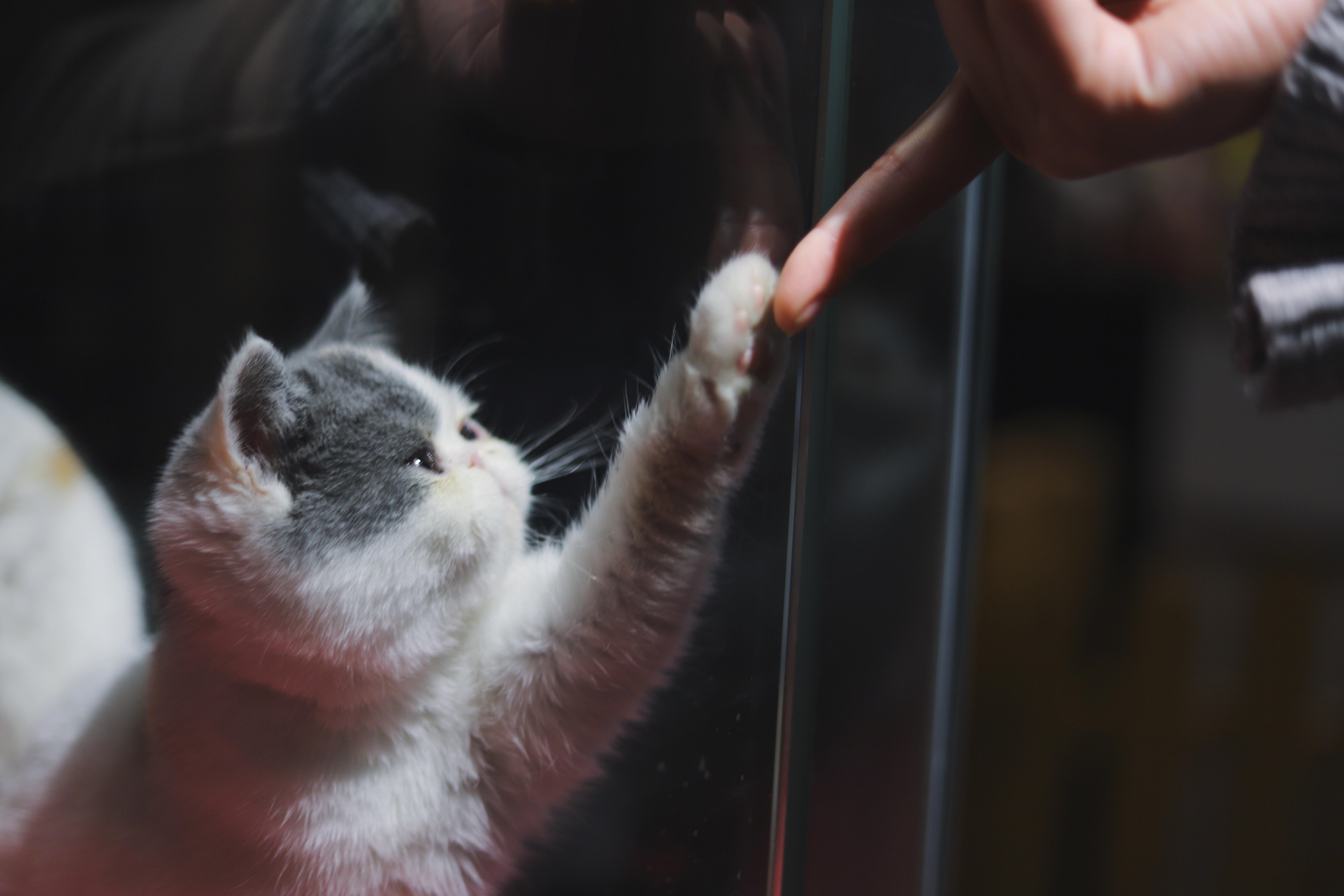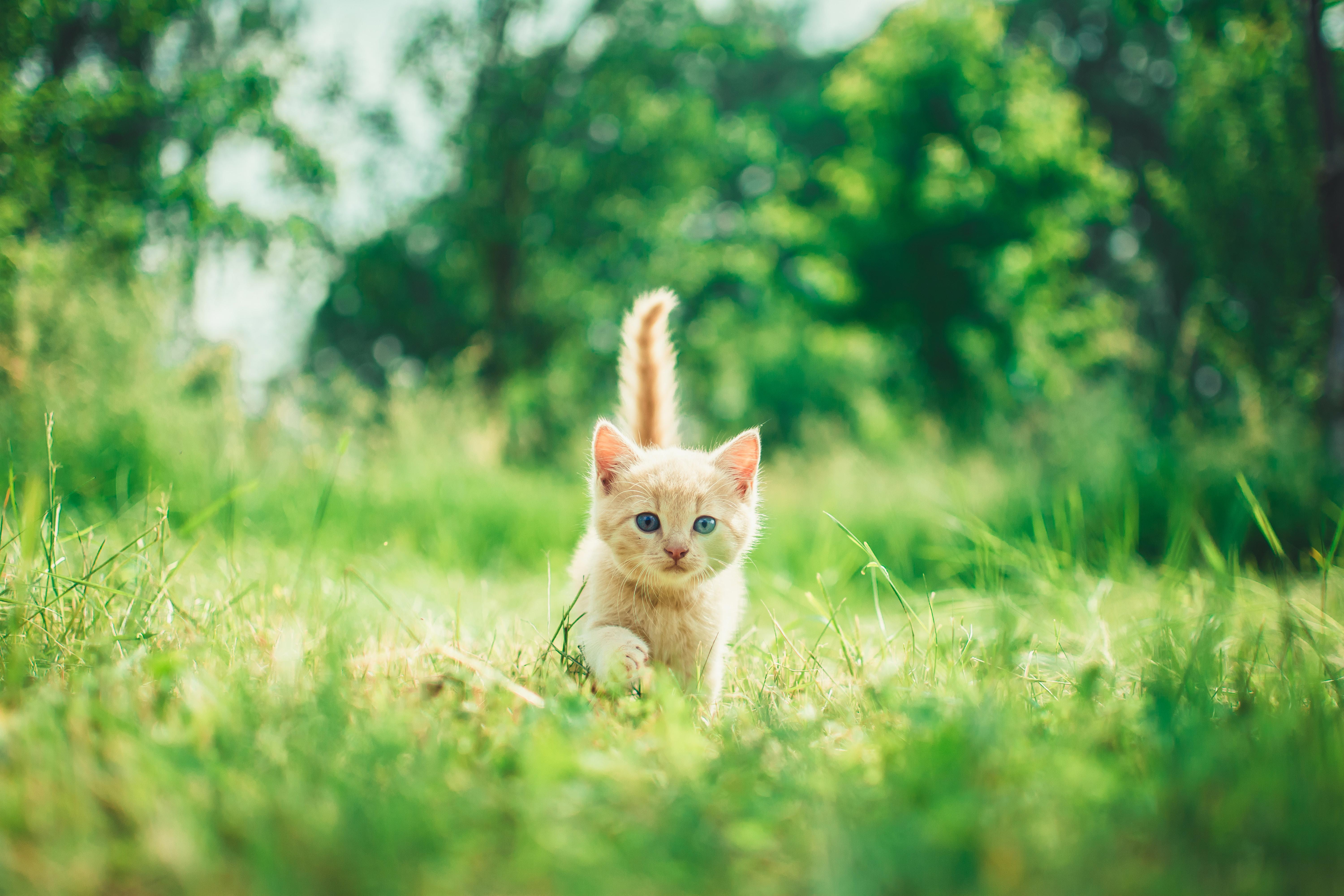Are you considering adopting a cat but don’t know what age to choose? It’s a common question among potential cat owners, and one that deserves careful consideration. Adopting a cat is a significant commitment, and the age of your new furry friend can impact your lifestyle, finances, and the cat’s overall well-being. In this guide, we’ll explore the different ages of cats available for adoption and help you choose the best age that fits your lifestyle and personality. Adopting a cat is a rewarding experience, and with the right age, you can enjoy many happy years together.
Adopting a cat can be one of the most fulfilling experiences of your life, but it’s important to choose the right age for your lifestyle and needs. In this guide, we’ll explore the different ages of cats available for adoption and help you decide which age is best for you.
Kittens: 0-6 months
Kittens are undoubtedly the cutest of all cats. They are playful, energetic, and curious. They are also incredibly impressionable, which means they require a lot of attention and patience. If you have the time and energy to devote to a kitten, adopting one can be a rewarding experience. However, if you work long hours or have young children who may not be gentle with a tiny kitten, you may want to consider adopting an older cat.
Young Adults: 6 months – 2 years
Young adult cats are often overlooked in shelters because they are no longer kittens, but not yet full-grown adults. However, they can be the perfect choice for someone who wants a cat that is still playful and energetic, but may be more well-behaved than a kitten. Young adult cats are often already litter-box trained and have received basic training from their previous owners or foster families.

Adults: 2-7 years
Adult cats are often the most overlooked age group in shelters, but they can be the perfect choice for someone who wants a companion that is already well-trained and more settled in their behavior. Adult cats are often already litter-box trained and have received basic training from their previous owners or foster families. They are also less likely to damage furniture or require as much attention as a kitten.
Senior Cats: 7+ years
Senior cats are often the most difficult to place in shelters, but they can be the perfect choice for someone who wants a calm and low-maintenance companion. Senior cats may have some health issues, but they are often already trained, quiet and affectionate. They may also require less exercise and attention than younger cats.
In conclusion, choosing the right age of cat to adopt depends on your lifestyle, personality and preferences. If you have the time and energy to devote to a kitten, adopting one can be a rewarding experience. However, if you prefer a companion that is already trained and more settled in their behavior, an adult or senior cat may be a better choice. Whatever age you choose, adopting a cat can be one of the most fulfilling experiences of your life.
In conclusion, adopting a cat is a big decision that requires careful consideration. While there is no one-size-fits-all answer to when is the best time to adopt a cat, it’s important to take into account your lifestyle, budget, and preferences when choosing the age of your feline friend. Whether you decide to adopt a kitten, an adult, or a senior cat, there are plenty of benefits and challenges that come with each stage of life. By doing your research, seeking advice from experts, and being patient and loving with your new furry companion, you can ensure a happy and fulfilling life together. So take your time, weigh your options, and enjoy the journey of finding your perfect feline match.
Please follow us on Social Media







